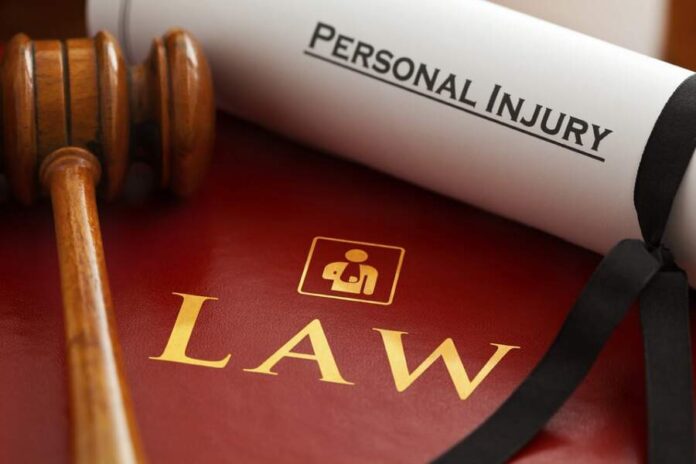The path to recovery after a personal injury will include a lot of doctors that want to help you heal physically. But what many of them forget to tell you is that your mental health needs TLC, too.
From the trauma of the incident itself to the fear of never getting back to “normal,” a lot is going on inside your mind. And it’s all normal.
In fact, studies show that almost everyone experiences some kind of mental distress after physical trauma. How you handle psychological concerns has a direct impact on your physical recovery.
That said, a crucial part of healing your body relies on recovering mentally, too. These tips give your mind the best chance to get better, so your brain can focus on your body’s injuries.
1. Get to Know What’s Going On
The majority of patients polled after an injury state that their anxiety came from uncertainty. They weren’t sure how bad the damage was or exactly what a long medical term meant for them specifically.
Talk to the doctor, and then get a second opinion. Join a recovery group full of people with the same injury, and talk to them about their journey.
Be Careful Which Sources You Trust
Google can be your friend or your worst enemy. Be cautious about using websites to learn about your diagnosis. Make sure you only use legitimate medical sites.
Otherwise, a headache can turn into a deadly brain tumor, giving you 24 hours to live. It’s probably not that extreme, or the doctors would have said something.
No matter whether the news is better than you thought, or the worst-case scenario, you are now armed with knowledge.
Moving forward, you can use the information to plan your next steps. It’s better than letting your imagination run wild in a pool of “what ifs.”
2. Validate Your Emotions
You’ve probably heard of the Coke-bottle theory before, but let’s walk through it quickly, visualizing you and your emotions.
You had an accident, and you were injured. The accident was not your fault, so you’re a little mad at the other party. But you seal that emotion into the Coke bottle in your chest and twist the cap on tightly.
Your injury stopped you from enjoying your normal quality of life, so you’re frustrated and sad. Every time you have to say no to an invitation, or you can’t do something you used to be able to do, you shove those feelings into the Coke bottle.
You’re scared that you may never get back to “normal.” But those feelings go back in the bottle, too.
The Ultimate Explosion
Eventually, no matter how tightly you screw the lid on, at some point, it’s going to explode. And it might only take a tiny little hiccup to create a blast of emotions with a long-lasting impact.
Instead of shoving your emotions down deep in your Coke bottle, validate them as you feel them. Write in a journal, talk to a therapist, or practice meditation.
This prevents an explosion from covering an innocent bystander.
3. Make a Plan
By now, you’re working with a lot of professionals. You have access to plenty of information, but you haven’t put it all together to make future goals.
Knowledge brings comfort because it gives you a structure to work with.
Find Answers and Set Goals
Your best friend’s cousin’s roommate, who had the same kind of injury as you did, wants to help. But their situation was completely different, and you need concrete answers.
They may not be the best person to turn to solely. Aim for a collective picture by using their relevant suggestions in addition to what the experts tell you.
Talk to the doctors and find out how long your recovery is going to (likely) take, on average. Set reasonable goals for your short-term and long-term future based on those estimates.
Your lawyer has a lot of expertise, too. Depending on the type of personal injury you’re dealing with, there could be a long wait for a settlement.
As you’re waiting, this information from JT Legal can help you set small goals. Then, talk to the attorney and work on establishing more long-term objectives.
Now that you have a plan of action, your mind can turn to meeting goals instead of worries and anxiety.
Conclusion
Since there isn’t a visible result of your mental recovery, and the hard work relies on you, you may find that this part is harder than the physical exertion. That’s normal, too.
That’s why it takes a team of supportive people around you to get and keep you in the right mindset. It’s almost impossible to do this alone.
Use these tips, the knowledge of those who know your situation, and the encouragement of your loved ones to recover mentally after a personal injury.



































































